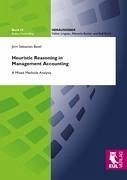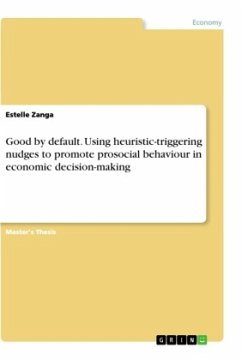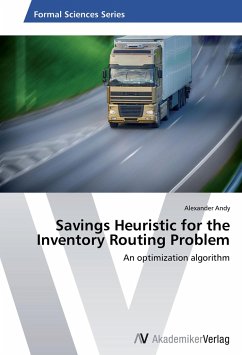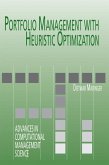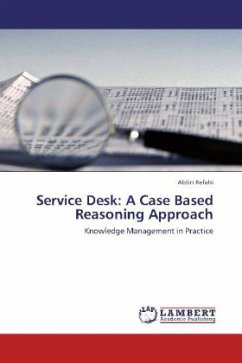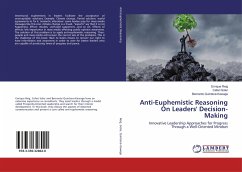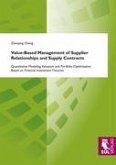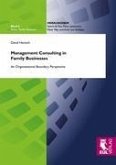Heuristics are short-cuts and deliberately ignore information, for instance through examining fewer cues or integrating less information. However, this collides with a view on management accountants and controllers as rational agents which seems to suggest that all available information should be considered. As their role as information supplier is often accompanied with the task to assist managers in their judgment and decision making, they have huge influence on these processes. Therefore, it is of high relevance to know if, how, and which heuristics management accountants and controllers use. Furthermore, we need to know which individual and situational factors influence their usage of heuristics. With a series of five empirical studies, applying a mixed-methods research design, the author sheds light to these research questions and addresses some central claims of the potential biases but also the stunning benefits of relying on heuristic reasoning. Central to his discussion are dual-process-approaches which are debated in cognitive psychology. Scholars of these approaches claim that we should distinguish between two distinct processes (or systems) of the human mind. Following this interpretation, heuristics are processes which are described as intuitive, automatic, fast, and unconscious. They are routinized cognitive processes which are based on experience in certain social environments and thus often exhibit ecological rationality. Overall, this book picks up an up-to-date topic in behavioural accounting research, which not only is of relevance for researchers but as well for practitioners.
Hinweis: Dieser Artikel kann nur an eine deutsche Lieferadresse ausgeliefert werden.
Hinweis: Dieser Artikel kann nur an eine deutsche Lieferadresse ausgeliefert werden.

